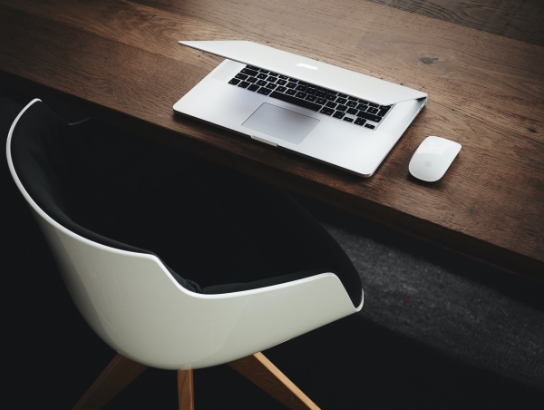GASTROSCOPY AND COLONOSCOPY.
Understanding Gastroscopy and Colonoscopy.
Your Dr has determined that gastroscopy and/or colonoscopy is necessary for evaluation or treatment of your condition. Read this pamphlet carefully. If you have additional questions please ask the endoscopy nurse or Dr Ding before the examination.
What is gastroscopy and colonoscopy?
Gastroscopy involves the insertion of a thin flexible tube into your mouth. It allows visualisation of the lining of the oesophagus, stomach and (start of the) duodenum. Colonoscopy involves insertion of the tube into the rectum. The whole large bowel (or colon) and the end of the small bowel (the terminal ileum) can be examined in over 95% of people. In others this may not be possible, due to a variety of factors.
What preparation is required?
For gastroscopy the stomach needs to be empty and you must therefore stop eating 4 hours prior and drinking at least 2 hours prior to the test. If Coeliac disease is suspected, you will usually need to be on a normal diet (for at least 2 weeks) to increase the chances of confirming the diagnosis For colonoscopy the colon needs to be completely clean to ensure it can be safely and completely examined. You will receive instructions regarding the bowel preparation and modification of your diet, which starts the day prior to the test.
What can be expected during the procedure?
It is our practice to give you sedation with midazolam and fentanyl to relax and put you to sleep. Occasionally despite high doses of these medicines people can still be uncomfortable. Some people prefer to have no sedation, but this can be uncomfortable. For children’s procedures a paediatric anaesthetist is present to give a general anaesthetic. For gastroscopy the back of the throat is also numbed with lignocaine local anaesthetic to stop gagging. Mild discomfort may be felt with swallowing the tube, as it is moved around and when the stomach is inflated. There may be a bloated feeling afterwards. This test takes around 20minutes. The colonoscopy usually follows the gastroscopy (if both are to be done at same appointment). There can be mild discomfort with inflation of the bowel and when the scope is moved around corners. Previous abdominal surgery or diverticular disease can make the procedure more difficult. This test usually takes 30-45minutes.
What about my current medications?
Essential medications for the heart, blood pressure, epilepsy and psychiatric illnesses should be taken as usual. Insulin and steroid doses will need to be modified. Warfarin and other blood thinners may need to be stopped. Iron supplements are stopped 1 week prior to colonoscopy. Please contact the office or your GP for advice.
What if there is something abnormal found?
Biopsies are taken to evaluate some areas in more detail. Polyps are growths in the colon that can grow and progress to cancer. These will be removed when found, unless they are extremely large or it is dangerous to do so. A further procedure or surgery may subsequently be required.
What are possible complications?
There are considered to be very safe procedures, however complications can occasionally occur. It is important that you understand why you require these tests and that you are aware of the risks. The sedation or anaesthetic can cause allergic reactions or strain heart and lung function. Gastroscopy can cause a slight sore throat that lasts a few days. The tube can cause damage to the lining of the oesophagus, stomach or duodenum causing bleeding or a hole. These are serious and urgent surgery may be required. Biopsies can cause bleeding also. Colonoscopy can cause damage with bleeding or a hole. If polyps are removed the risks are increased. Other organs next to the colon can rarely be damaged. These are serious and urgent surgery may be required. There can be some bloating and slight discomfort for 1-2 days afterwards.
What happens after the procedure?
You will be observed in the recovery ward until awake. You will then have a drink and snack and the findings from the procedure/s will be discussed with you. Even if you feel alert, your judgement and reflexes will still be affected by the sedation. You must be accompanied home by an adult and can usually be picked up about 2 hours after the examination. For the next 24 hours, do not drive, operate tools or machinery, ride on public transport alone or sign legal documents. You need a responsible adult to look after you over this period. Depending upon your condition, you may need to be seen in the consulting rooms for a follow-up. Alternatively you may need further tests or your follow-up may be with your general practitioner.
Further information
Nutrition Facts
Health and Disease Information
Health and Medicine Information
